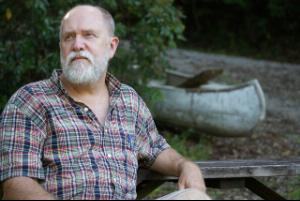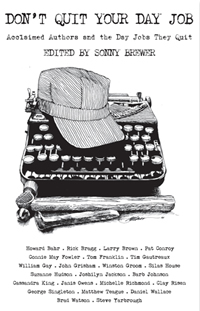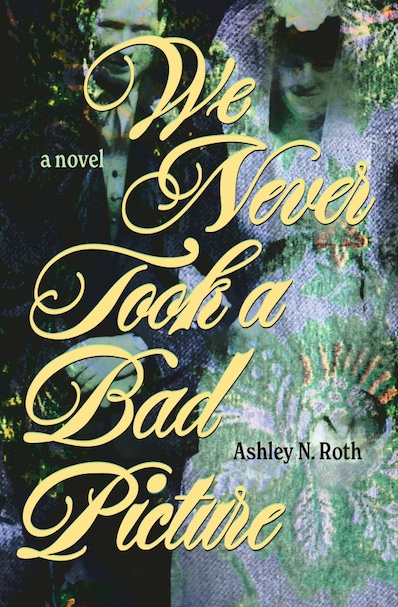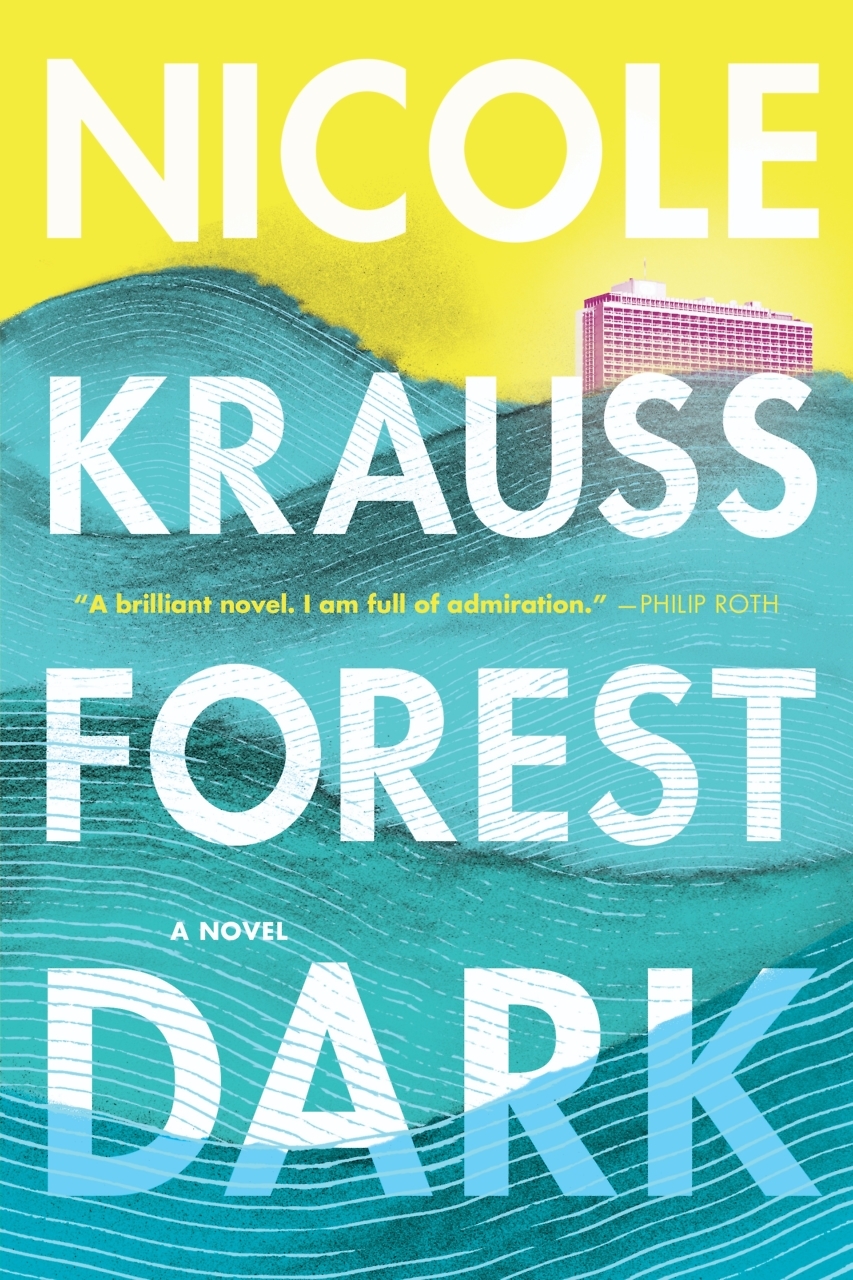Nice Work
Sonny Brewer assembles an astonishing pool of Southern writers to reflect on their day jobs
It’s an adage drummed into beginning writers from the hallowed yellow barns of the Bread Loaf Writers’ Conference to the humblest classroom of the Hardeman County Correctional Facility: write what you know. The best stories tend to come from actual human experience because they become travel guides into a unique, but recognizably real, world. So if you took twenty-three of the best writers in the South—writers who in some cases have become household names by writing what they know—and asked them to describe the jobs they held before they were published, do you think they might produce some interesting stuff?
Boy, howdy.
Sonny Brewer may have hit upon the best-ever idea for an essay anthology. Don’t Quit Your Day Job: Acclaimed Authors and the Day Jobs They Quit contains accounts by Pat Conroy, John Grisham, Winston Groom, and a score of other Southern writers on the sorts of work they did on their way to becoming professional writers. As an editor, Brewer is well-known (and well-connected to the Southern literary world) for his anthology series, Stories from the Blue Moon Cafe, so the idea might seem a no-brainer. But as he told Chapter 16 in a May interview, the book exists due to a misunderstanding.
 “Before I sold The Poet of Tolstoy Park to Random House,” Brewer writes in his preface, “I was an electronics technician in the U.S. Navy, a six-night-a-week singer in a honky tonk band, owned a tire store, sold cars, built houses, helped to found a weekly newspaper, edited a magazine, sold real estate, published a magazine, managed a coffee house, wrote in-house for a Fortune 500 company, and owned a bookstore.” He decided to describe these various jobs in a memoir to be titled Forty Hats: The Day Jobs in a Writer’s Life. While sharing a cheeseburger with John Evans, the owner of Lemuria Books in Mississippi, he began talking about the project. “John didn’t hear the ‘memoir’ part,” Brewer writes. “‘That’s a damn good idea,’ he said. ‘Does it have to be living writers? I think it would be cool if you’d ask Richard Howorth to write about Larry Brown when he was fire chief.’”
“Before I sold The Poet of Tolstoy Park to Random House,” Brewer writes in his preface, “I was an electronics technician in the U.S. Navy, a six-night-a-week singer in a honky tonk band, owned a tire store, sold cars, built houses, helped to found a weekly newspaper, edited a magazine, sold real estate, published a magazine, managed a coffee house, wrote in-house for a Fortune 500 company, and owned a bookstore.” He decided to describe these various jobs in a memoir to be titled Forty Hats: The Day Jobs in a Writer’s Life. While sharing a cheeseburger with John Evans, the owner of Lemuria Books in Mississippi, he began talking about the project. “John didn’t hear the ‘memoir’ part,” Brewer writes. “‘That’s a damn good idea,’ he said. ‘Does it have to be living writers? I think it would be cool if you’d ask Richard Howorth to write about Larry Brown when he was fire chief.’”
Brewer put down his memoir and picked up his cell phone, and an anthology was born. As it turned out, he didn’t have to approach Howorth, because Larry Brown had actually written an essay that fit the bill — an inspiring account of a poor student who came to writing late — before his death in 2004. After dozens of false starts, spent typing out unreadable novels full of spies and sex, Brown finally learned to write what he knew. “All of my work comes out of Mississippi,” he realized, “out of the dirt roads and the woods and the fields I drive my truck by.”
 Other than Brown’s account, the essays in the collection were written specifically at Brewer’s invitation. “To a person, each writer got it immediately,” he writes. “Each one wanted to throw in, to be included, to tell readers about their day jobs.” Some of the essays practically drip with the sweat of manual labor under a hot sun. In an essay called “Real Work” (excerpted in Chapter 16 here ), Rick Bragg writes of his time on a pulpwood crew: “At the end of the day you look barely human, specked head to toe with bark, sap in your hair, grime in every crease of your skin. You don’t make enough that day to replace the shirt and pants you ruin in the trees.” Other accounts describe the more typical, low-paying jobs of the urban student, such as Tom Franklin’s gig as a pizza-delivery driver around the University of Arkansas and John Grisham’s job selling men’s underwear at Sears (which he did to escape an earlier stint with a drunken asphalt crew under the Mississippi sun).
Other than Brown’s account, the essays in the collection were written specifically at Brewer’s invitation. “To a person, each writer got it immediately,” he writes. “Each one wanted to throw in, to be included, to tell readers about their day jobs.” Some of the essays practically drip with the sweat of manual labor under a hot sun. In an essay called “Real Work” (excerpted in Chapter 16 here ), Rick Bragg writes of his time on a pulpwood crew: “At the end of the day you look barely human, specked head to toe with bark, sap in your hair, grime in every crease of your skin. You don’t make enough that day to replace the shirt and pants you ruin in the trees.” Other accounts describe the more typical, low-paying jobs of the urban student, such as Tom Franklin’s gig as a pizza-delivery driver around the University of Arkansas and John Grisham’s job selling men’s underwear at Sears (which he did to escape an earlier stint with a drunken asphalt crew under the Mississippi sun).
Some of the jobs are odder. William Gay gets stoned on the fumes of a finishing vat in a furniture factory. Cassandra King may or may not have actually worked as a spy. But the common thread that runs gracefully through all of these essays, from the most prosaic job to the most esoteric, is the awakening of the artist, that moment where the speakers begin to see details with a writer’s eye, even as they reject any ordinary, respectable course of life and work.
The point may be best illustrated in Howard Bahr’s essay, “The Railroad as Art” (a title Brewer originally wanted to adopt for the entire collection). After describing a youth spent between rail yards and naval carriers off the coast of Vietnam, he reaches a moment, long after midnight, when he is sent to locate an errant row of rail cars from a desolate siding in Alabama. “It was, I decided later, an actual existential experience,” Bahr writes, “where one might search desperately for meaning, but in the end find only himself in utter solitude, with nothing but pipe and tobacco, pistol, lantern, and the delicate blue hands of a Hamilton watch to define reality and arbitrary time.” It would be too much of a spoiler to reveal what exactly Bahr encounters in the dark, but afterward he realizes, “There is always time to learn, to listen for the voices of those who speak in the night. This is what the artist knows. It is why he listens always, and watches.”
All twenty-three of the artists Brewer has assembled in this volume listen, and watch, and write what they know with absolute confidence, and the reader is the better for it.


